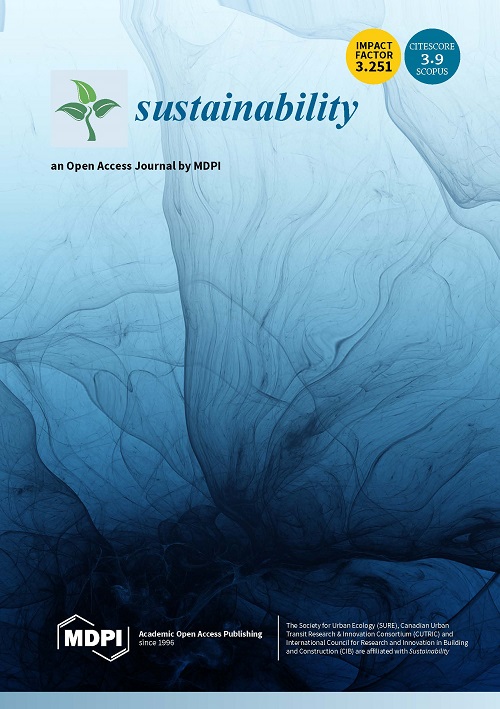Subsistence farmers in sub-Saharan Africa are highly vulnerable to food insecurity given their low adaptive capacity against ecological and socio-economic shocks. Therefore, food security is one of their main challenges. Participatory action research across food value chains (FVCs) can help stabilize and enhance food security by developing upgrading strategies (UPS) that enhance specific aspects of crop production, post-harvest processing, marketing, income generation, and consumption. However, prior to their widespread adoption or upscaling, UPS need holistic understandings of their potential social, ecological, economic, and institutional challenges and opportunities in target areas. This article reports the application of the “ScalA-FS” tool, which assessed the potential success of selected UPS using assessment criteria developed by agricultural scientists and local farmers in a participatory process in Tanzania. This work is embedded in a larger participatory research project conducted in semi-arid and sub-humid ecological settings of the Dodoma and Morogoro regions of Tanzania. Results from the assessment of the potential impact of the UPS differed strongly between the UPS and the social, economic and environmental assessment criteria, but only slightly between semi-arid and sub-humid regions. The positive impacts of food-securing UPS centre on productivity and income generation. Rain water harvesting, fertilizer micro-dosing, optimized weeding, and promotion of kitchen gardens were expected to have the highest impacts after implementation. The ScalA-FS ex-ante assessments provide a knowledge base about potential impacts, as well as the potential bottlenecks to address during the implementation of UPS. © 2017 Springer Science+Business Media Dordrecht and International Society for Plant Pathology
DOI:
https://doi.org/10.1007/s12571-016-0639-x
Altmetric score:
Dimensions Citation Count:
























